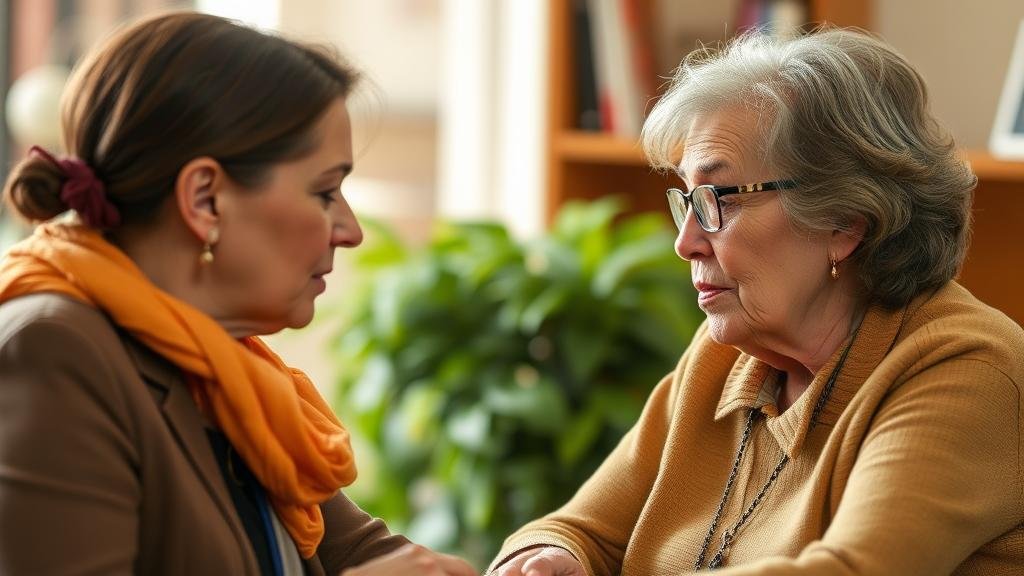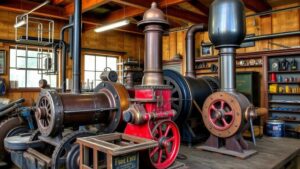Connecting with Senior Citizens to Recover Oral Histories of Hidden Wealth
Connecting with Senior Citizens to Recover Oral Histories of Hidden Wealth
The recovery of oral histories from senior citizens represents a poignant intersection of community engagement and historical scholarship. Senior citizens often possess untapped reservoirs of knowledge that encapsulate experiences, traditions, and stories that reflect both personal and communal wealth. This article seeks to explore the methodologies to effectively connect with these individuals recover narratives of hidden wealth–defined not only as financial assets but also as cultural, social, and intellectual capital.
The Importance of Oral Histories
Oral histories serve as vital contributions to understanding both local and national histories. illuminate aspects of life that may not be documented in mainstream historical narratives. According to the Oral History Association, oral histories can provide insights into:
- The lived experiences of diverse groups.
- Social and cultural shifts over time.
- Economic conditions in specific locales.
For example, the collection of oral histories from World War II veterans has revealed the psychological impacts of war and the transition into peacetime, which is often overlooked in written records. By engaging with senior citizens, researchers can obtain unique perspectives that highlight hidden wealth in community narratives.
Methods for Connecting with Senior Citizens
To effectively engage senior citizens and retrieve their oral histories, researchers and community organizers can employ several methods:
- Community Partnerships: Collaborating with local senior centers and retirement communities can facilitate access to the target demographic. For example, the StoryCorps project has successfully partnered with various organizations to promote oral storytelling.
- Digital Platforms: Utilizing technology through platforms like Zoom or dedicated oral history apps can bridge generational divides and make participation more accessible.
- Incentives for Participation: Providing small incentives, such as gift cards or community recognition, can encourage participation and compensate for the time invested in sharing their narratives.
Addressing Barriers to Engagement
Despite the potential for impactful connections, several barriers may hinder the engagement of senior citizens in sharing their stories:
- Aging and Mobility Issues: Health-related challenges may prevent older adults from participating in oral history projects. Offering home visits or virtual interviews can mitigate this barrier.
- Technology Literacy: Many seniors may feel intimidated by technology. Providing training sessions can help empower them to use digital tools effectively.
- Trust and Comfort Levels: Building rapport is essential. Initial casual conversations without the pressure of recording can lead to more meaningful engagements.
Examples of Successful Initiatives
Various initiatives across the globe have adeptly showcased methods to connect with senior citizens and recover oral histories:
- The Library of Congress: The Veterans History Project has been instrumental in collecting personal accounts from veterans across the United States, revealing often-overlooked aspects of military service.
- Local History Projects: Local universities often partner with senior homes to archive valuable memories connected to particular regions, such as the Milwaukee Story Project which focuses on intergenerational storytelling.
Real-World Applications
The insights gained from these oral histories can lead to a richer understanding of a communitys heritage. For example, oral accounts can influence curriculum design in schools, helping to provide a more holistic educational approach. Also, these narratives can inform public policy by shedding light on the historical context of issues affecting senior citizens today.
Conclusion and Actionable Takeaways
Recovering oral histories from senior citizens is not just about documenting the past; it is about recognizing and valuing the hidden wealth of knowledge within communities. Efforts to connect with this demographic can enrich our understanding of various social, cultural, and economic phenomena.
Moving forward, researchers and community organizers should:
- Engage with local community centers and build partnerships.
- Use digital platforms while providing necessary training to participants.
- Develop strategies to address barriers such as mobility issues and technological challenges.
The collaborative efforts to recover these narratives will not only preserve history but also enhance community cohesion and foster intergenerational understanding.



